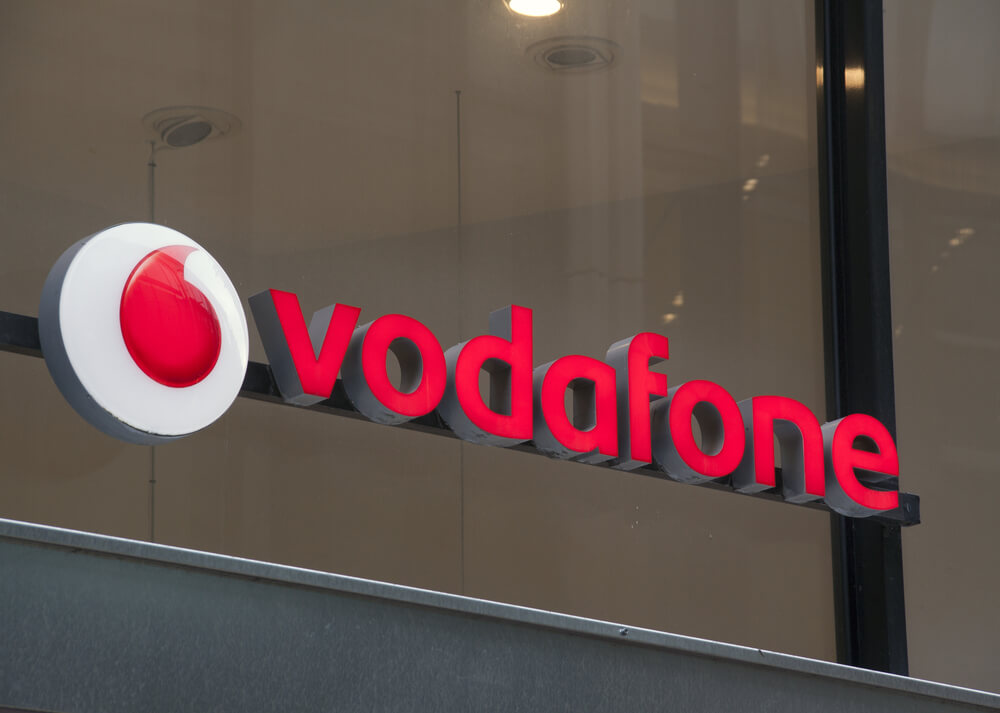Competition heavyweights to represent Vodafone, TPG in landmark merger challenge


Elite competition groups Allens and Herbert Smith Freehills will represent Vodafone and TPG in their lawsuit filed Friday challenging the Australian Competition and Consumer Commission’s opposition to their proposed $15 billion tie-up.
For information on rights and reprints, contact subscriptions@lawyerly.com.au